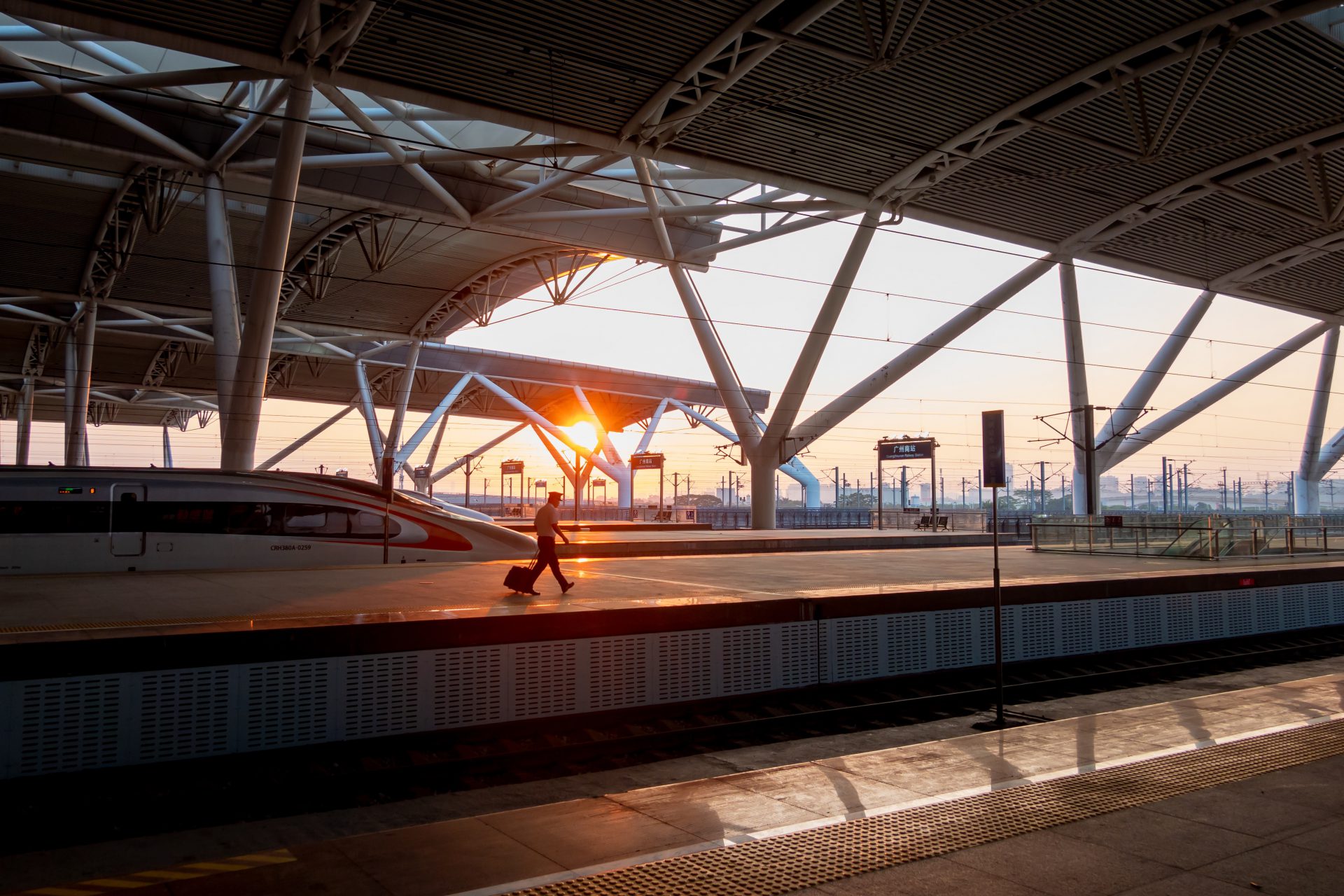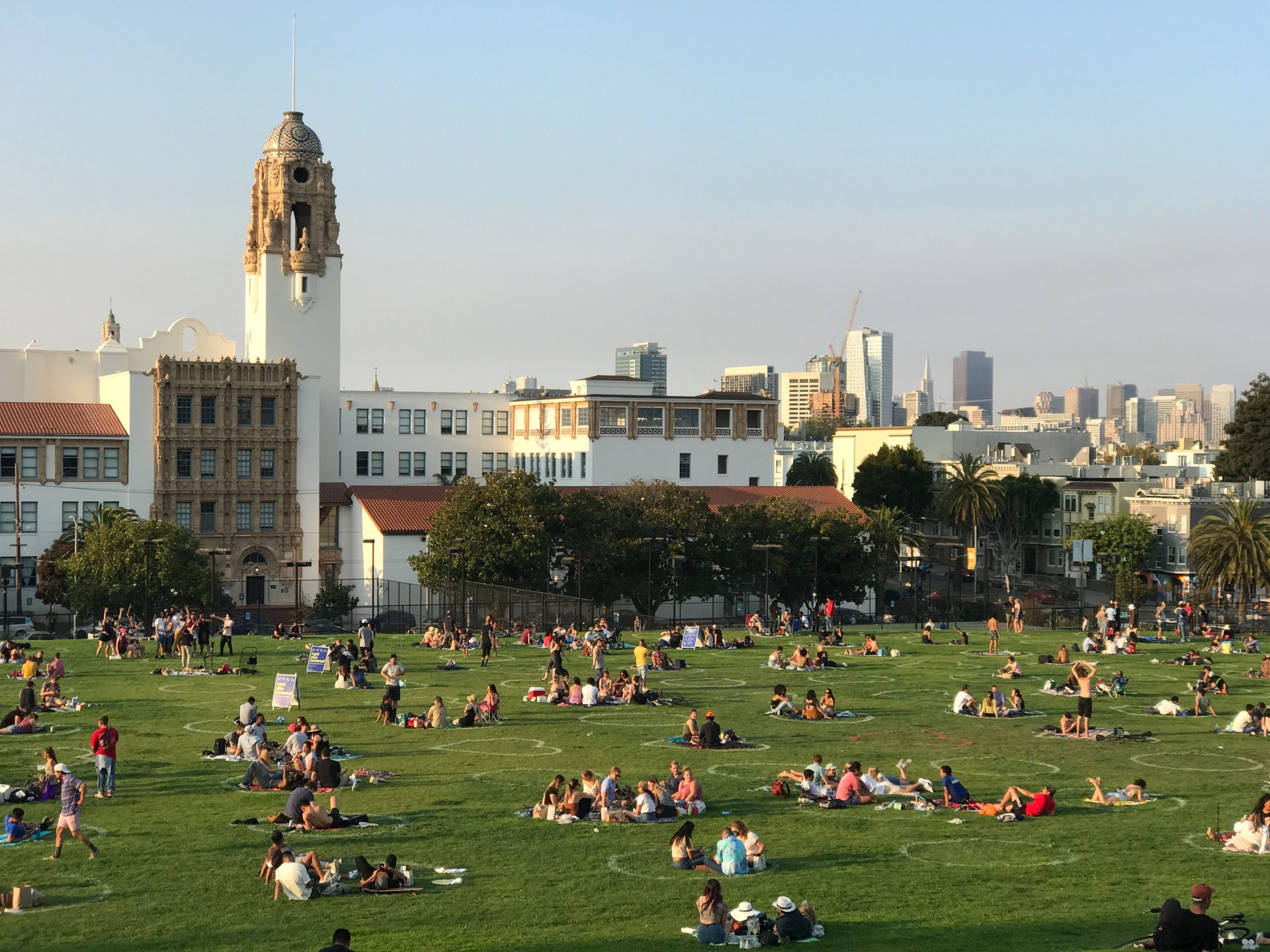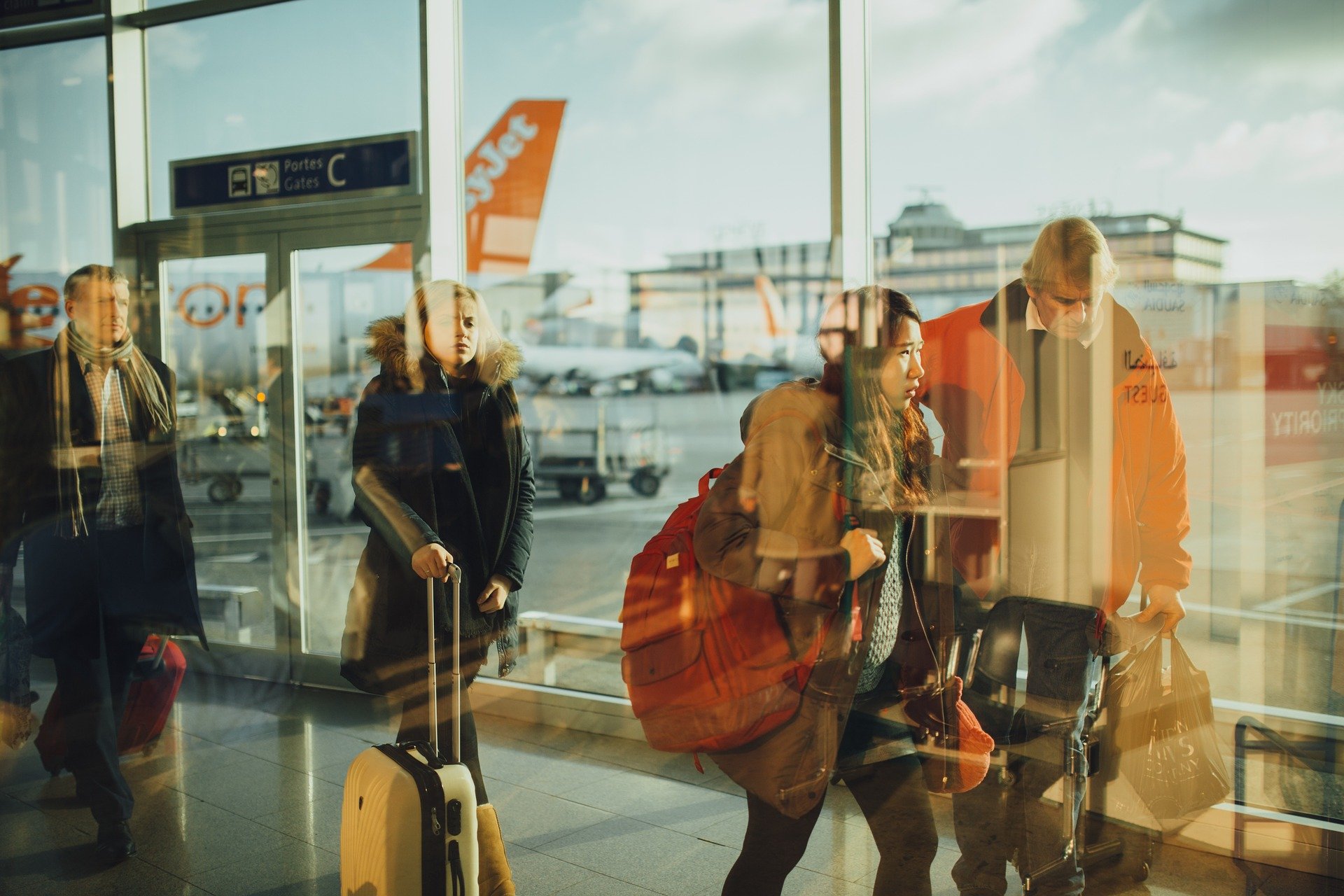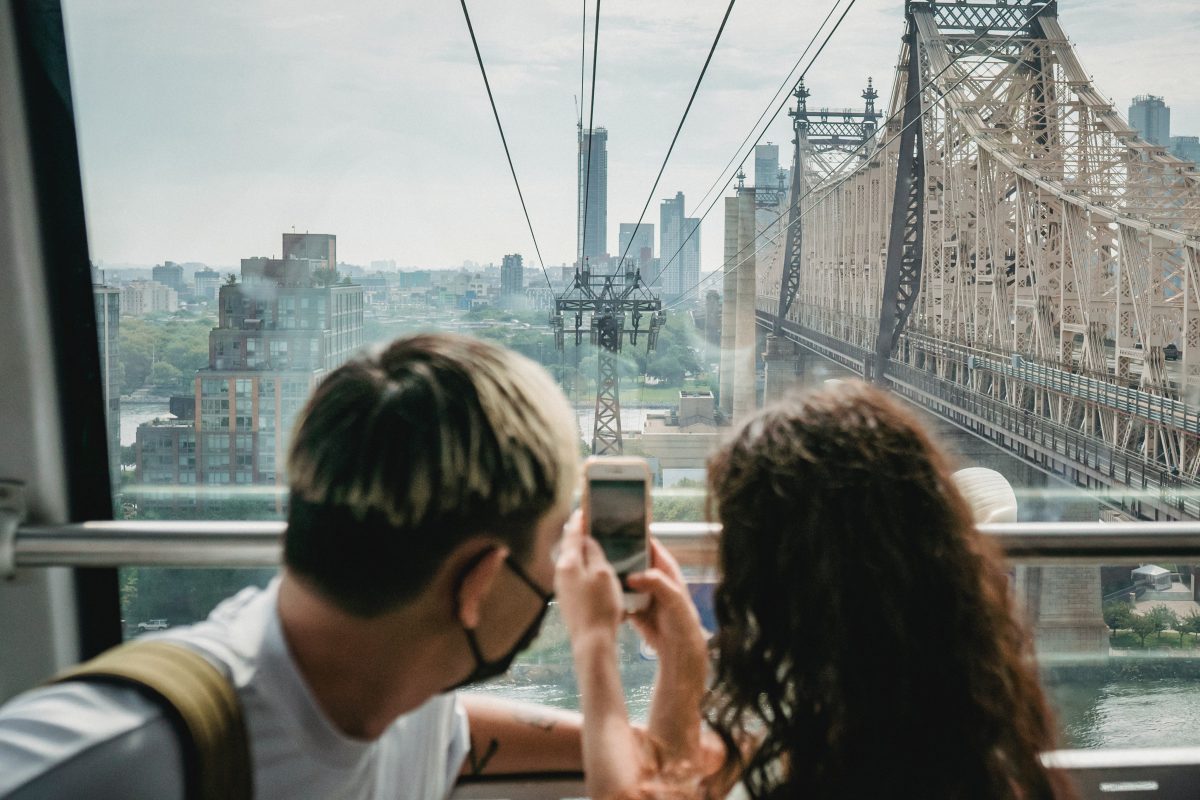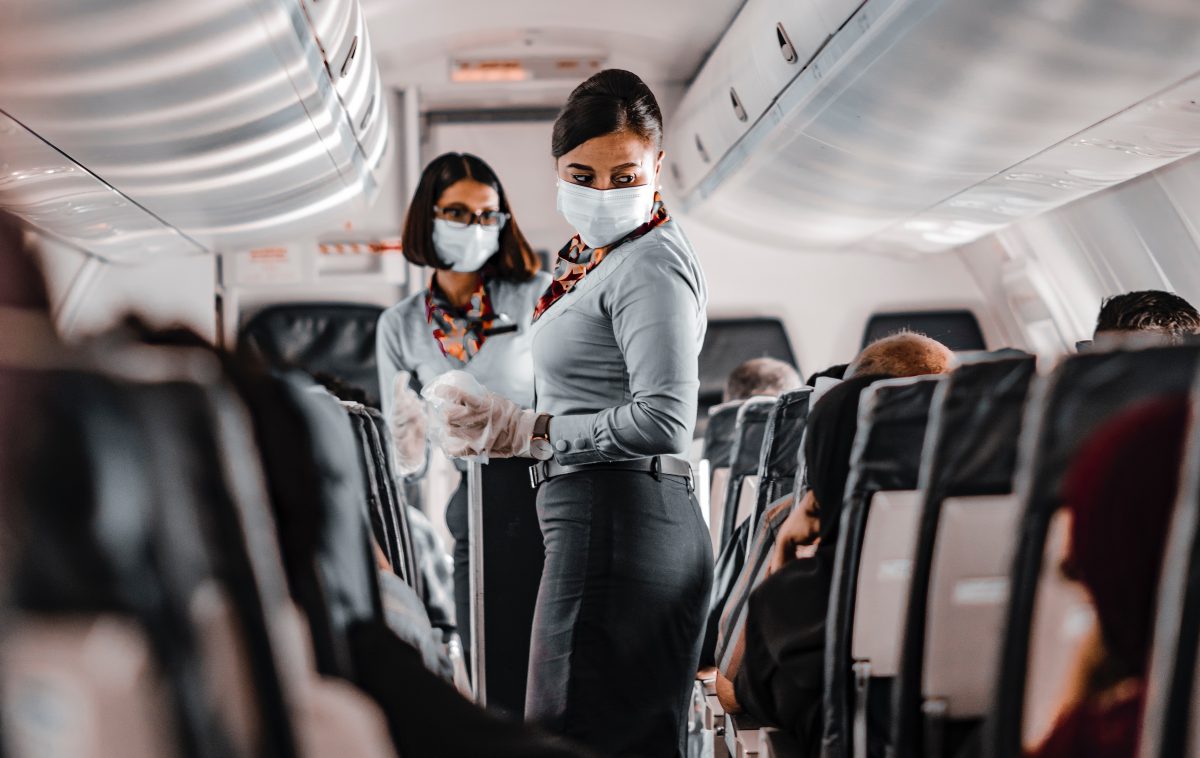Do the tourists want to “Build Back Better”?
The COVID-19 pandemic has proved the interconnectedness of the various sub-sectors within travel and tourism and the significant impact the industry has on other economic sectors. Due to the pandemic, a range of trends and developments have accelerated. It became evident that certain changes are needed to make our industry more resilient and sustainable.
Rebuilding travel and tourism
While many see the temporary stop as an opportunity to rebuild travel and tourism in a more inclusive way, others are questioning whether it is possible at all. Undoubtedly, the supply side (including the public and third sectors) has been busy with finding alternative approaches. The efforts include, for instance the revision of the current legal and tax systems and existing governance structures, the use of tech in business solutions and the development of sustainable alternatives. Many of the leading international/multilateral organisations are advocating for “building back better”. There is certainly a lot to do. Especially concerning the root causes that have always hindered tourism from reaching its full potential as a vehicle for sustainable development. These fundamental issues, amongst others, are vertical, horizontal and sectoral fragmentation, clashing agendas, misalignment of priorities and lack of trust and cooperation.
Unanswered questions that may hinder “Building Back Better”
Addressing these issues requires significant effort. While new ideas and solutions emerged in the past months a few questions remain unanswered:
- Where is the consumer in this process?
- Do tourists want to ‘’build back better’’?
- Can we expect full compliance with the ‘’new normal’’?
- Are tourists happy to choose for sustainable alternatives from now on?
- Are they going to be more willing to compensate for their eco-footprint than before?
Research into sustainable travel behaviour post COVID-19
Until now, most travel sentiment surveys conducted in connection to the COVID-19 pandemic focused on travel intentions, projected booking behaviour and risk perceptions. It is absolutely crucial to understand these aspects and to forecast travel demand so that business can resume. However, the lack of attention on the potential change in sustainable travel attitude and behaviour on the demand side is very surprising. Without the travellers, it is unlikely that the transformation or partial transformation so many are hoping for will ever happen.
I believe it is vital to gain insights and develop a better understanding of the impact of the COVID-19 pandemic on the tourists’ attitude, potential and actual sustainable travel behaviour, the likely gap between attitude and behaviour, and between awareness and attitude. At ETFI, one of our current aims is to gain empirical evidence to answer the questions listed above. We invite you to share your views and insights with us and to follow our website to gain new information on this topic.
Discover projects about this topic
All projects

